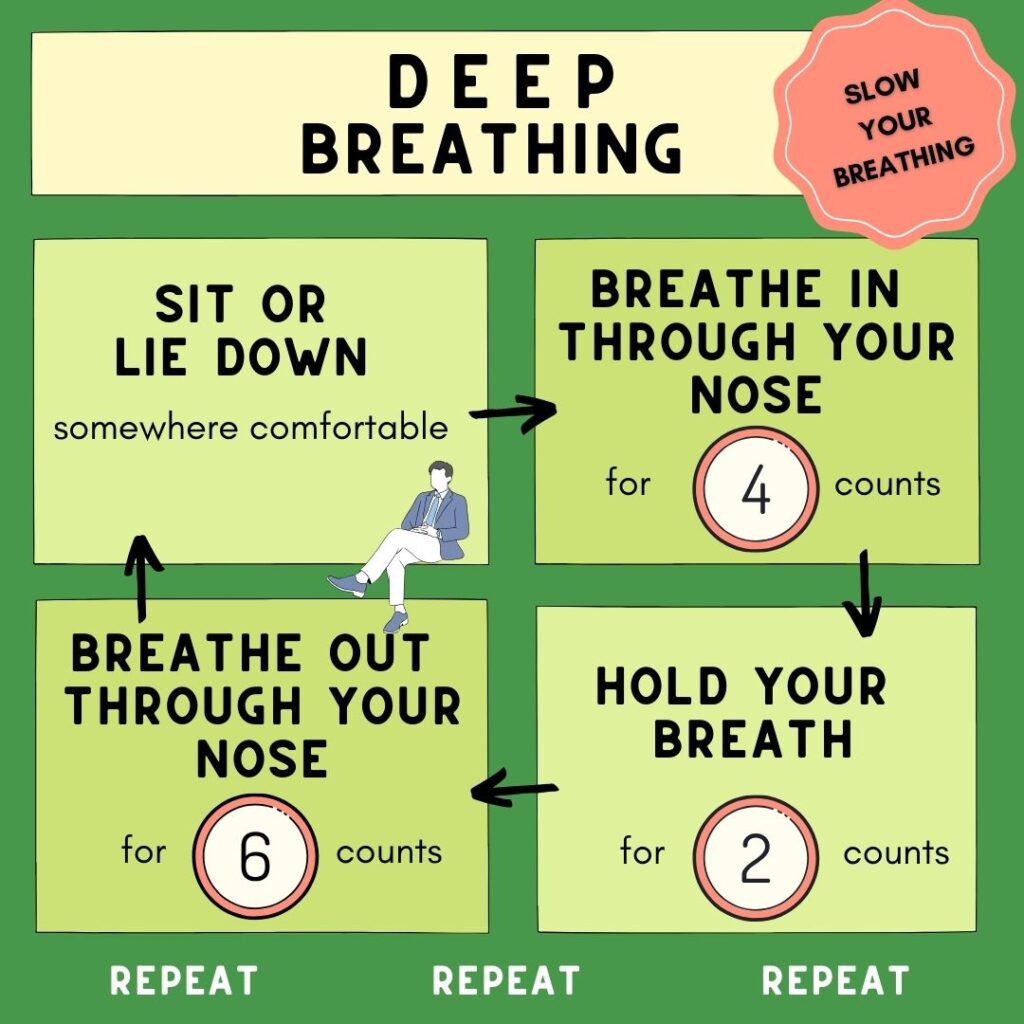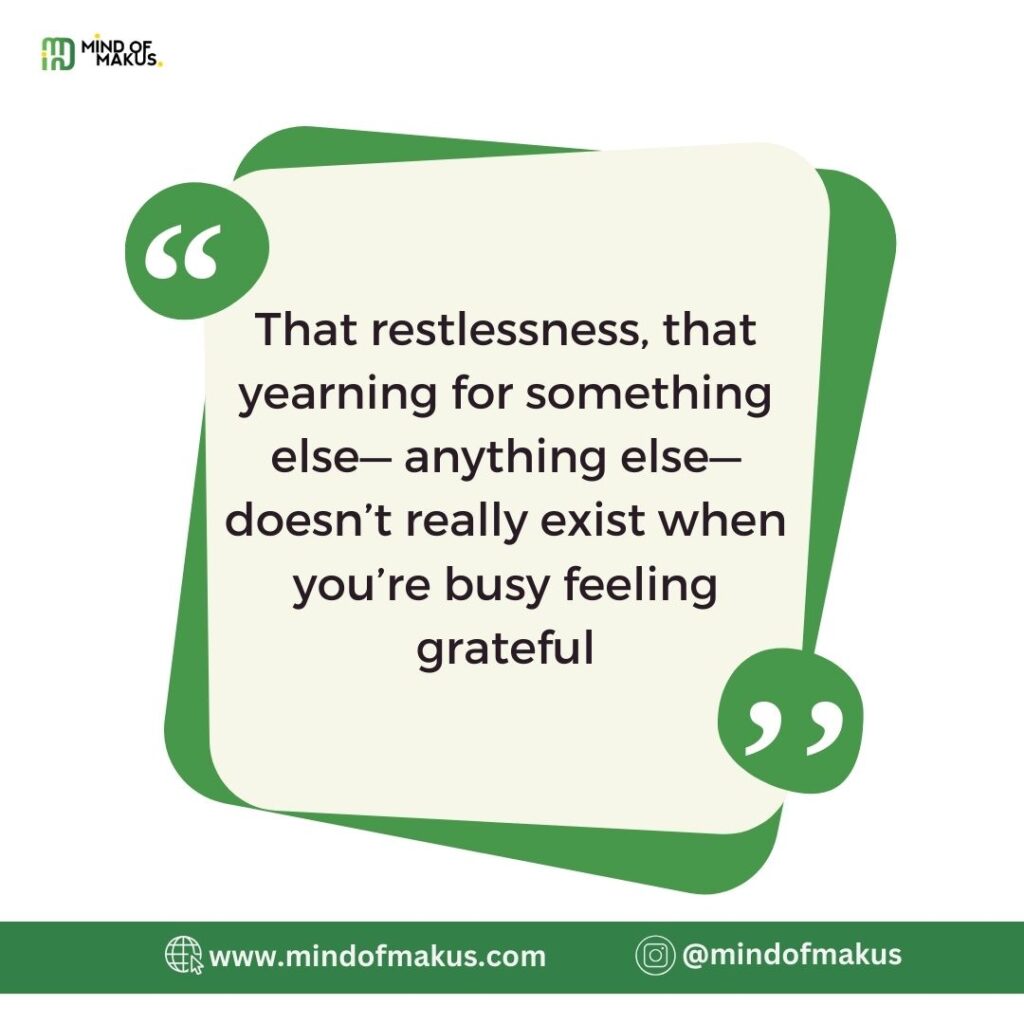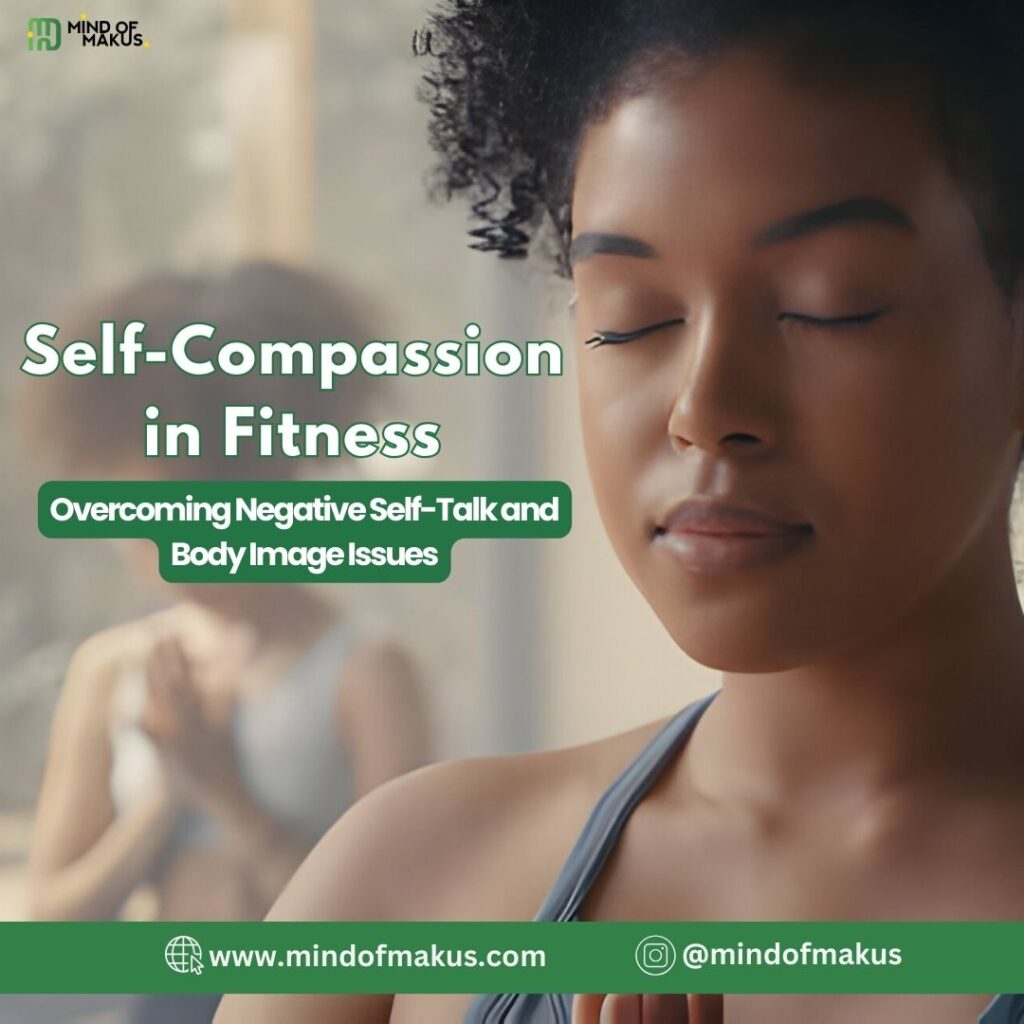Hi Dear,
Happy New Month! I wish you the best of the new month of the year. We are halfway through the year already. Wow!
How has the year been for you so far? How are you doing? Are things becoming much clearer a the year progresses?
This June, we will be discussing self-care for your body, mind and soul. What’s the difference? You tell me…. Hahaha.
In my fitness journey, I have had many goals and opportunities to shift them, I have fallen off and gotten back on, I have judged myself critically too.
I thought we should talk about it all. I have always led quite a fit life and I found it really hard to maintain moving to country with bad outdoor weather. I could go for runs and walks as often as I would like and I started to grow a family as well.
The weight came, the sedentary lifestyle contributed, the snacking culture added unto me more kilos and one day I realized I couldn’t even keep up with my toddler without panting for air. Hahahahaha.
I signed up for a gym programmer and didn’t attend for a year, I was intimidated.
The next year I found a trainer and started home work outs and eventually got support to make it into the gym.
I set short burst goals, 15mins on the cross trainer and floor exercises. I went in very early so the gym rats won’t intimidate me with their prowess. soon enough I built up confidence and proficiency with the equipment and started to try longer time and intensity and the win was, I dared to life weights too!
I had to show myself a lot of love on the days I just couldn’t make it, or couldn’t spend more than 30mins or felt upset about life an didn’t prioritize my fitness, days I ate puff puff and eba and ofada right after the gym.
Let’s look at the role of self-compassion in overcoming negative self-talk and body image difficulties.
I remember learning about these things in my 30s and wondering why no one told me sooner that they were a thing. That I can be critical to myself to the point of holding myself back? No idea. So I am hoping today we can start conversations on this.
What was the last mean thing you said to yourself?
I am so silly, so forgetful, so disorganized, so gullible… etc. it goes on and on in your head on a loudspeaker, with the slightest opportunity.


Understanding Self-Compassion
Self-compassion is such a gift in our generation, that we can even talk about it! Oh what a joy!
It is the act of treating yourself with the same kindness and understanding as you would a close friend that you love wholeheartedly. When our friends are in trouble, we are often filled with encouragement and supportive statements. It comes from us effortlessly, that is exactly what we need to be practicing towards our own selves.
Recognize that everyone has flaws and makes mistakes, and it’s essential to note that it’s not always a bad thing, that we grow from our mistakes and we sometimes take the information and make better decisions in the future.
I remember an occasion where in trying to help a colleague, I over booked my schedule and ended up so resentful and irritable. I took that lesson and became more realistic while being supportive of my colleagues in the future.


The Impact of Negative Self-Talk
Negative self-talk is a common issue many people face, especially in the context of body image. Phrases like “I’m not good enough,” “I’ll never look like that,” or “Why can’t I be more disciplined?” can dominate your thoughts. This kind of self-criticism can lead to:
1. Low Self-Esteem: Constant negative self-talk erodes your confidence and self-worth.
2. Increased Anxiety and Depression: Harsh self-criticism can contribute to mental health issues.
3. Reduced Motivation: When you’re constantly berating yourself, it’s challenging to stay motivated to pursue your goals, in improving your health or fitness.
4. In some extreme cases self criticism can lead to harsh self punishment, starving and eating disorders, injuries from not listening to physical and mental cues.


Embracing Self-Compassion
Look I will be the first to raise my hand up and say I set really tough goals for myself in the gym, but then I remember self compassion, so I edit them as I go along, depending on where I am in my abilities and capacity.
I invite to try these too
1. Acknowledge Your Feelings: Start by recognizing and accepting your emotions without judgment. It’s okay to feel frustrated or disappointed sometimes. Acknowledging these feelings is the first step towards self-compassion. Why do you want to get fit, for weight loss, for more strength, as revenge for someone who hurt you? Whatever, be real about it and self aware on why it matters to you.
2. Reframe Negative Thoughts: Challenge your negative self-talk by reframing your thoughts. Instead of saying, “I’ll never be fit,” try, “I’m taking steps towards a healthier lifestyle.” Replace harsh judgments with kinder, more realistic perspectives. Always always counter a negative talk with 2 positives
3. Practice Mindfulness: Mindfulness involves staying present in the moment and observing your thoughts and feelings without getting caught up in them. This practice can help you become more aware of negative self-talk and allow you to address it with self-compassion. I often try to count them, the negatives are so much more, so be mindful, count how many negative talks go through your head in a hour. If you have the time, aim to double that amount in positives.
4. Set Realistic Goals: Unrealistic fitness goals can set you up for failure and self-criticism. Set achievable goals that focus on progress rather than perfection. Celebrate small victories along the way. For my fitness life, I set the goal to just do 4 days a week of at least 30mins. I then fine tuned that as I went along. For many weeks at a time, I would struggle and soon it became the normal. Life will happen but don’t be afraid to set a new goal and keep going.
I don’t check the scales, because the numbers are not a goal for me but they may be for you. Do your own and stick with it.
5. Focus on Health, Not Appearance: Shift your focus from how your body looks to how it feels and functions. Prioritize activities that make you feel strong, healthy, and energized, rather than those aimed solely at altering your appearance, even though that’s good too, let the goal be bigger than that.
6. Cultivate Gratitude: Regularly remind yourself of what your body can do rather than what it can’t. Appreciate the small wins, like being able to walk longer distances, lift heavier weights, or simply feeling more energetic. I used to say to myself that my body carries all my dreams and aspiration and it keep me safe and well and I thank it so much.
“Thank you this body for holding me, carrying me, keeping breathe flowing and many functions going without complaining”.


What to do if body image is an issue for you
Body image issues are not new, we have always had people commenting on how others look, making assumptions based on how people look, and snatching agency even based on how people look. It is wrong and it should not be tolerated, we must not participate or encourage such comments. It often perpetuates harmful societal pressure and unrealistic standards.
Here’s how self-compassion can help you overcome these challenges:
1. Challenge Unrealistic Standards: Recognize that media representations of beauty and fitness often involve unattainable standards. Embrace the diversity of body types and remind yourself that health and beauty come in many forms. Ask yourself what your own standards are and why?
2. Surround Yourself with Positivity: Engage with media and communities that promote body positivity and self-acceptance. Follow influencers and join groups that celebrate diversity and encourage a healthy body image, a well rounded fitness lifestyle.
3. Practice Self-Love Rituals: Engage in activities that make you feel good about yourself. This could be anything from a relaxing bath to wearing clothes that make you feel confident. Regular self-care reinforces self-compassion. Honestly ditch those clothes that are 2 sizes smaller, that make you question your self worth every time they don’t zip up. Dress the body you have right now.
4. Seek Professional Help: If body image issues significantly impact your mental health, consider seeking help from a therapist or counsellor. They can provide strategies and support to help you develop a healthier relationship with your body.
Incorporating self-compassion into your fitness journey is not just beneficial; it’s essential, you can do it. Pick activities you like, do them consistently, be kind to yourself in the process. Remember, fitness is a journey, not a destination, and it’s crucial to be your own best friend along the way.
Thank you for joining me in this exploration of self-compassion in fitness. Until next time, stay kind to yourself, stay motivated, and continue to celebrate the unique and incredible person you are.
Until next time, stay authentic,
stay resilient, and continue to honour your needs.
Live wholeheartedly,
Amaka

